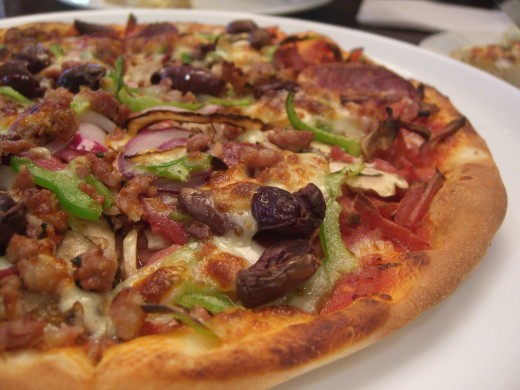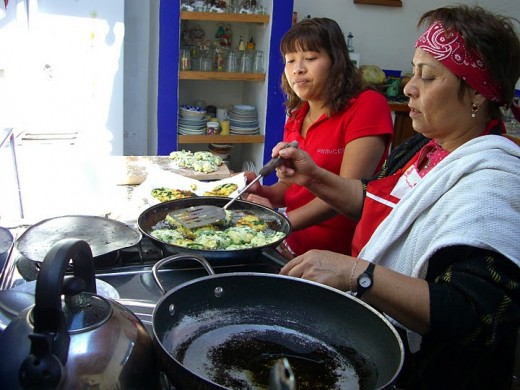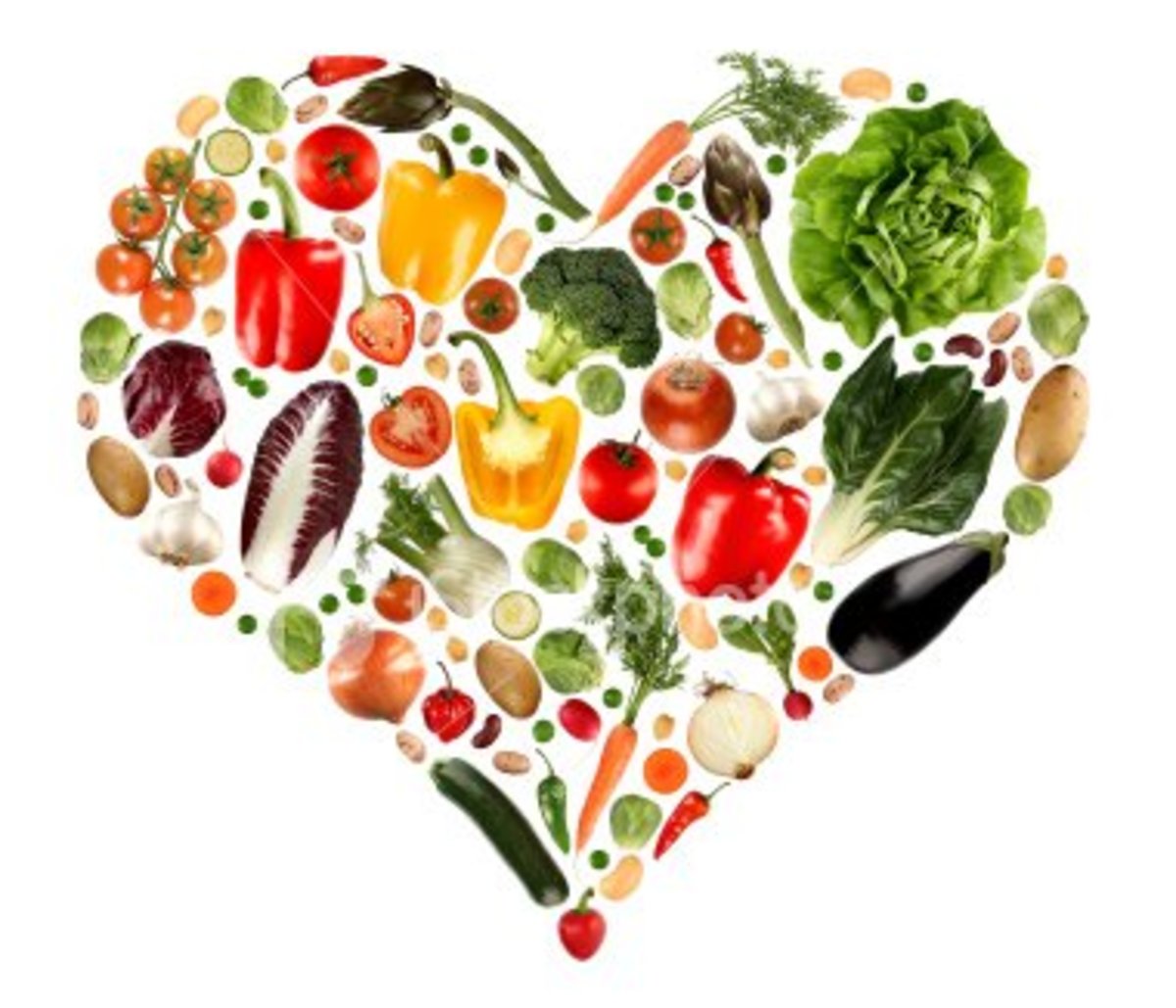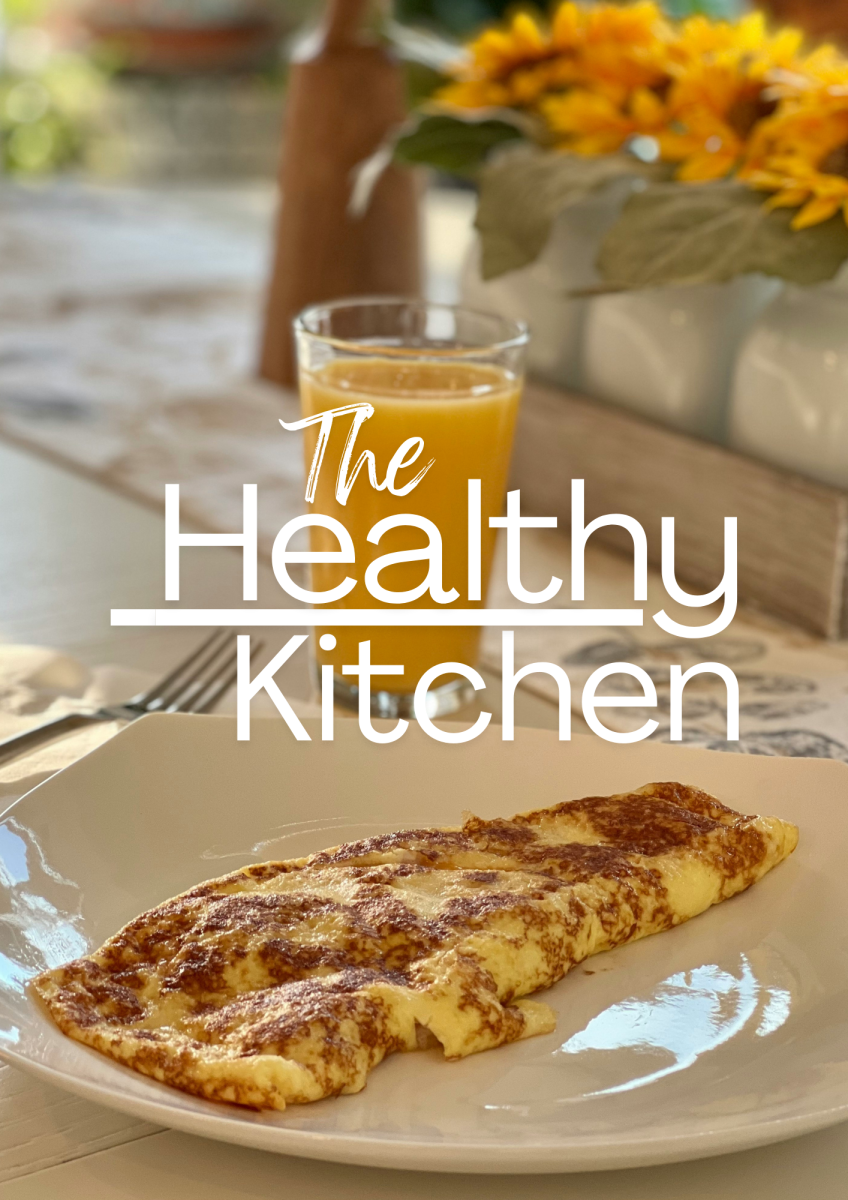Why is healthy eating harder than overeating?
I'm not a great fan of donuts, but if someone brings a bunch to work, I'll eat one--or two, or, well, you get the point. I eat junk food I don't particularly like just because it's there. I can get a craving for some kind of fast food even when I'm not particularly hungry.
David Kessler, FDA commissioner under the first President Bush and President Clinton, had a weakness for chocolate chip cookies. He, too, wondered why overeating is so easy even as we try to lose weight and develop a healthy lifestyle.
Unlike many who wonder the same thing, he had the professional knowledge to conduct research (including dumpster diving!) to find out. His conclusions appear in the recently published book The End of Overeating.

Industrial food and our brains
Don't point an accusing finger either at the food industry cynically manipulating the public or at weak-willed ignoramuses with no will power. The answer, it turns out, has to do with our brains. With a better understanding of biochemistry and psychology, perhaps we as a society can foster more healthy habits.
People have always wanted tasty food. Fat, sugar, and salt all taste good and stimulate the brain to feel pleasure. Prehistoric people might have experienced that pleasure as part of the reward for a successful hunt. They may have responded by overeating, but the hard work of getting food did not allow many binges.
Until recently, most people did not have food of any kind in abundance and had to work very hard for what they could obtain. The great prosperity of the last couple of centuries has changed that. People first wanted leisure time, then convenience.
Today, we no longer need to grow our own food or even cook it. The food industry has carefully worked to discover the exact balance at which their products have just the right amount of fat, sugar and salt--not too much, not too little--to taste just right. Now we can not only get fat, sugar, and salt in the same item, we can get various layers in the same item.
The food that results from industrial engineering taps into the reward system in our brain and overwhelms the ability to feel satisfied. Our brains get hooked on the pleasure, and we keep overeating when we're no longer hungry.

Implications for healthy cooking
Fortunately, fresh meat and produce have not disappeared from our stores. We can cook our own food and make it healthier than industrial food. Healthy cooking can start with the realization that packaged foods are not necessarily as convenient as they seem. The Internet has thousands of recipes for good food that take half an hour or less to prepare.
Soups and casseroles can be wonderfully convenient, because you can make enough for two or three meals. When you make your own, you can control the ingredients. Use less fat and better fat (such as olive oil or other mono- or polyunsaturated fat) than the transfats in packaged meals. Take advantage of the natural sweetness of fruits and vegetables. Flavor your food with herbs and spices so you can cut down on salt.
Food does not have to have layer on layer of fat, sugar, and salt in the same dish to taste good. Tasty food that uses these ingredients sparingly does not overstimulate our brains and allows us to feel satisfied with less. If enough people recognize those facts, healthy cooking and portion control will become more attractive than overeating, and intrusive regulation will not be necessary.








